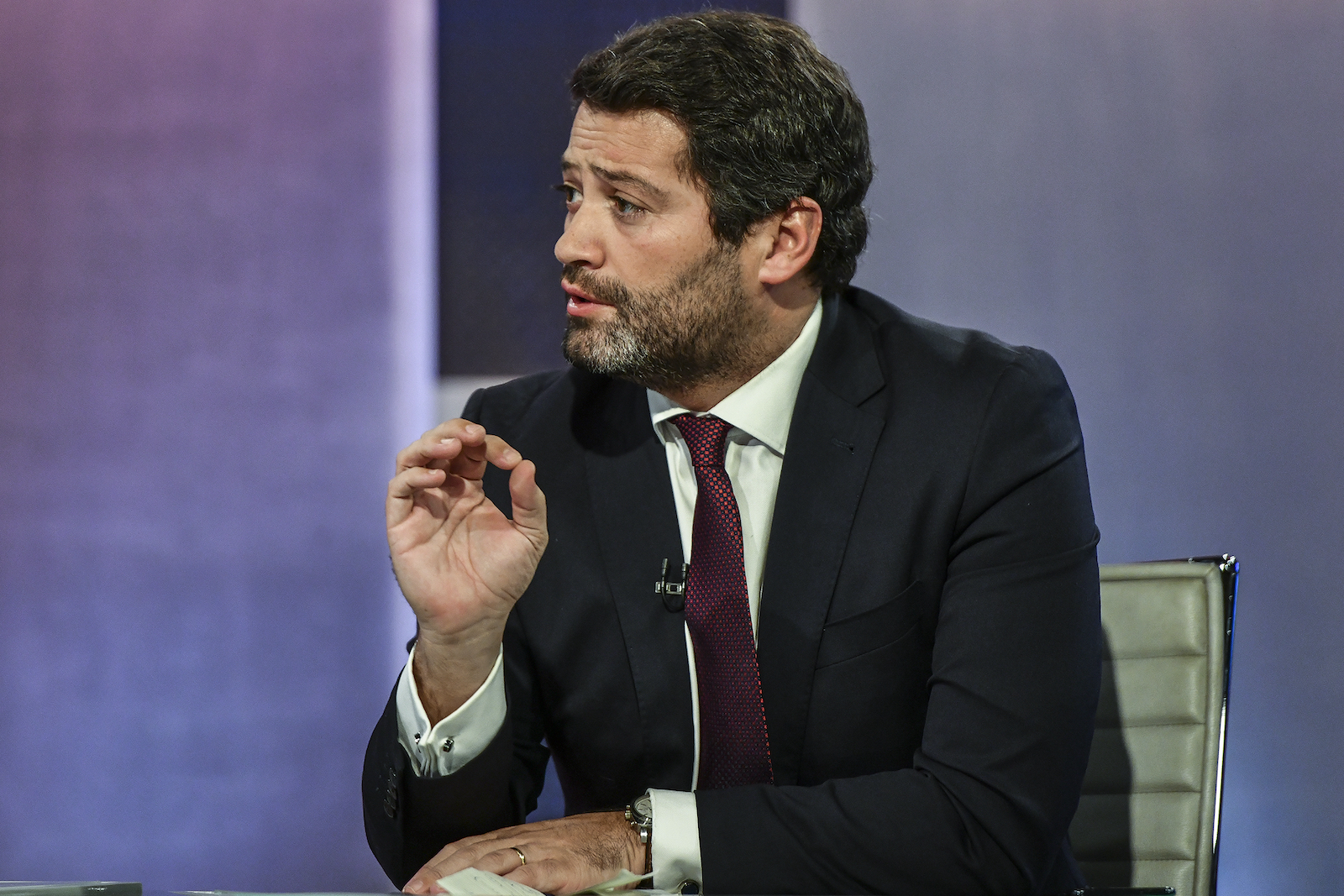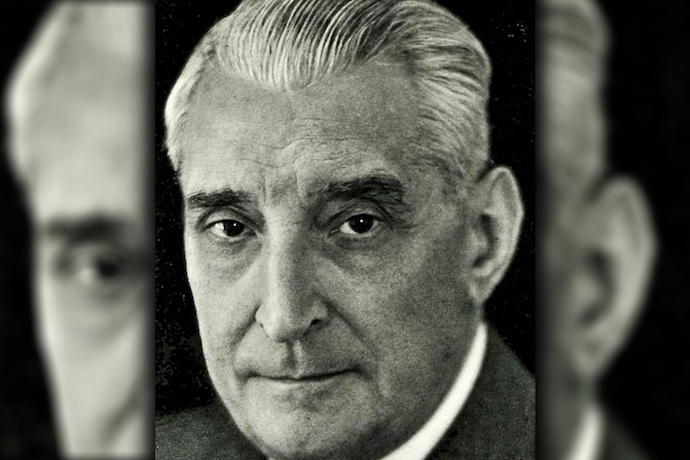
Portugal’s Socialists Helped Give the Far-Right Oxygen
Amid the tranquil vistas that define Portugal, a country nestled on the edge of Europe’s southwestern periphery, a significant political saga unfolds. Here, against a backdrop where the echoes of history resonate with peculiar intensity, a new chapter marked by political tumult is being written. The potential re-emergence of far-right influence, a specter long believed to be relegated to the past, now threatens to reshape a nation that has, thus far, steered clear of the nationalist resurgence shaking its neighbors. Yet, as we stand on the brink of this possible shift, the path forward remains uncertain.
Delving into Portugal’s storied past is crucial for understanding the gravity of the current situation. The figure of António de Oliveira Salazar, who rose to power in 1932, embodies a critical juncture in Portuguese history. His governance, characterized by staunch corporatism and a profound aversion to liberal, socialist, and communist ideals, cast a long-lasting shadow over the nation. Salazar’s era, enduring nearly four decades, is a stark reminder of the potency of authoritarian ideologies and the deep scars they can leave on a society’s collective memory.
This resurgence of right-wing populism in Portugal cannot be disentangled from the broader European context. The continent, with its rich tapestry of political ideologies, witnesses a notable decline in socialist influence, signaling a shift that could have profound implications for Portugal. This trend, evident from Paris to Berlin, paints a picture of a continent at a crossroads, with Portugal potentially mirroring this continental drift.

The Socialist Party’s role in this evolving narrative is particularly noteworthy. The political landscape, tarnished by scandals and accusations of corruption, has inadvertently laid the groundwork for the rise of individuals like André Ventura, the enigmatic leader of the far-right Chega party. Ventura’s trajectory, fueled by populist appeals and a nostalgic yearning for nationalistic revival, marks a critical inflection point in Portugal’s political evolution.
The era of Prime Minister António Costa, marked by its tumultuous end and the controversies surrounding key figures within the Socialist Party, underscores a broader disillusionment. In January 2022, António Costa secured an unexpected third term as prime minister, a testament to his enduring political appeal. However, his resignation in November of 2023, amid investigations into alleged misconduct related to substantial green investment projects, marked the beginning of a turbulent chapter in Portuguese politics.
The leadership baton of the ruling Socialist Party (PS) passed to Pedro Nuno Santos in December, a figure deeply entrenched in the party’s left wing and a pivotal architect behind the coalition with far-left factions during Costa’s tenure. However, his ministerial career was marred by controversy over a €500,000 severance payment scandal involving TAP Air Portugal, leading to his resignation.
Amid this political turmoil, a Lisbon court found former Prime Minister José Sócrates, who led the country from 2005 to 2011, guilty of amassing approximately €34 million through corrupt practices. This revelation came as another blow to the Socialist Party’s reputation, already tarnished by past allegations of corruption.
The Social Democratic Party, too, has not been immune to scandal. Recent graft investigations in the Madeira Islands prompted the resignation of two prominent officials, ironically coinciding with the party’s anti-corruption campaign in Lisbon—a stark reminder of the pervasive nature of political corruption.
Further complicating the political landscape, prosecutors have targeted additional figures for their alleged involvement in a range of financial misdeeds, underscoring a pattern of governance that prioritizes personal gain over public service.
This backdrop of scandal and mismanagement has profoundly impacted Portugal’s younger generations. Their disillusionment with the Socialist Party and austerity measures have fueled a reevaluation of nationalistic and far-right ideologies, once fringe elements of Portuguese politics.
The upcoming election is poised to be a pivotal moment, signaling a potential shift towards a resurgence of the far-right in Portugal. Although the outright victory of André Ventura and his Chega party seems unlikely, his political ascent is undeniable. With a rapidly growing base and endorsements from figures like Geert Wilders and Matteo Salvini, Ventura’s rise points to a broader recalibration of the political landscape.
This resurgence of far-right politics in Portugal is a reflective mirror of broader European trends, where economic instability and political disenchantment have paved the way for nationalist movements. The Socialist Party’s faltering, marked by scandals and ineffective governance, inadvertently set the stage for this political shift, illustrating the unforeseen consequences of political miscalculations. As Portugal stands on the cusp of potentially transformative elections, the legacy of its socialist governance and the specter of far-right resurgence offer a cautionary tale of political dynamics in flux.

